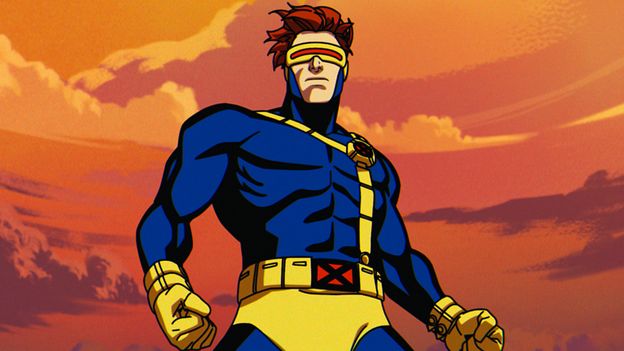By the end of 2023, one thing was certain: Feige’s plan wasn’t working. Production and release schedules had been packed (nine MCU projects were released in 2021, and nine in 2022), partially due to former Disney CEO Bob Chapek’s push for an endless stream of MCU projects in theatres and on Disney+. The Marvels had the lowest grossing opening weekend of the MCU, taking just became the MCU’s lowest grossing box office opener, making just $47m (£38m) in the opening weekend. Ant-Man and the Wasp: Quantumania, which grossed $214m (£169m), became the MCU’s worst-reviewed film with a score of 46% on review aggregator Rotten Tomatoes. Poor box office performance and mixed reception were chalked up to “superhero fatigue”.
“Superhero fatigue may be real, but Marvel’s specific contribution to it was a relentless release schedule that turned moderate fandom into homework,” says J.D. Connor, an associate professor of Cinema and Media Studies at USC. “At the same time, Disney’s Marvel needed to integrate the very popular X-Men, who had been all but ground to dust at Fox.”
As of March 2024, the Marvel Cinematic Universe had amounted to a whopping 7,615 minutes (126.9 hours) of content – a herculean task for even the most dedicated of viewers. The threshold for entry into the MCU was getting higher and more untenable, and so Marvel pushed any tie-in references to the greater universe into one-liners or mid- and post-credits scenes. The MCU was feeling more isolated than ever, without a clear, overarching element tying the disparate story threads together. The interconnectedness seen in the last two Avengers films felt more like a distant memory, and its absence was telling.
More like this:
• Can Brits save the Fantastic Four from another flop?
• Critics savage Dakota Johnson’s Spider-Man spin-off
• Why Netflix’s Avatar: The Last Airbender is the worst of remake culture
So, Feige and Marvel announced they had begun to pivot. There would only be one Marvel film releasing in 2024 – the highly-anticipated Deadpool and Wolverine. The studio would also refocus on bringing back legacy characters, such as the X-Men and the Fantastic Four. And on the television side, following the success of the animated series What If?, Marvel would expand on animated series, including X-Men ’97. This X-Men universe, like What If? is also canonically separate from the events in the main MCU, freeing it from any baggage set up by over ten years of Marvel content.
“I think the solution is strategically sharp: make a relatively low-cost, ‘Saturday morning cartoon’ that can play to fans’ nostalgia without raising daunting questions about how much prep you need to do to ‘get it’,” Connor adds.
This new blueprint for tackling legacy property looks to be working in Marvel’s favour, with a 98% critics score and 92% audience score on Rotten Tomatoes. It’s a strategy that could prove fruitful for Marvel’s upcoming legacy animation and live-action projects, like the upcoming Your Friendly Neighborhood Spider-Man and its new Daredevil series. But, with the unexpected departure of X-Men ’97 writer-producer Beau DeMayo, who was instrumental in launching this current iteration of the X-Men’s story, it is unclear if the show will continue its stride indefinitely.
Marvel still has to figure out how to maintain its ever-growing catalogue – that and how to keep stories fresh and exciting for both seasoned and future audiences. Whether that means a continual investment in legacy characters or just longer breaks between Marvel flicks is anyone’s guess. But for now, fervent 90s kids can rest easy knowing their beloved X-Men series’ latest mutation is a winning one.
The first two episodes of X-Men ’97 are streaming on Disney+ now.
—
– videos and can’t-miss news delivered to your inbox every Friday.
If you would like to comment on this story or anything else you have seen on Culture, head over to our Facebook page or message us on X.


